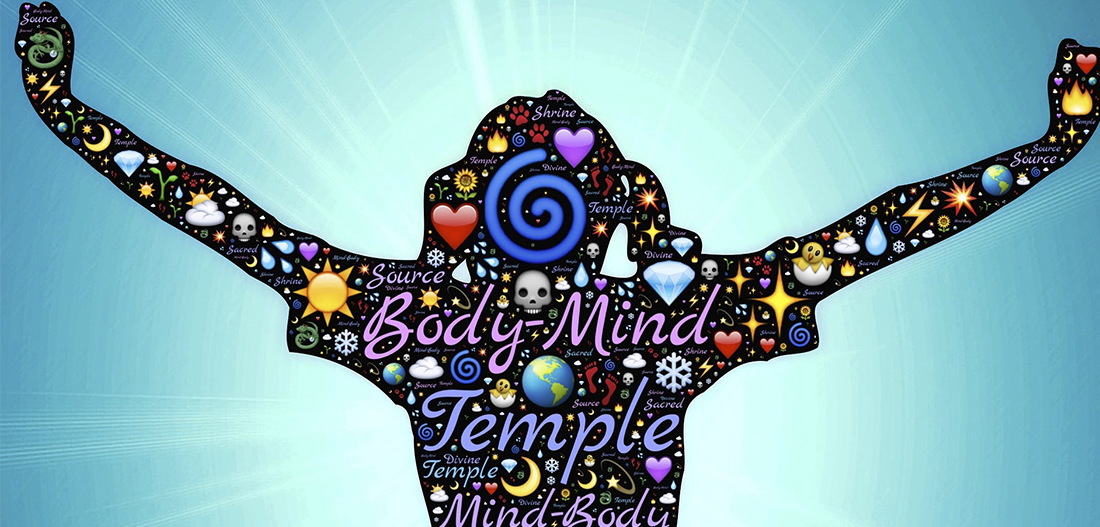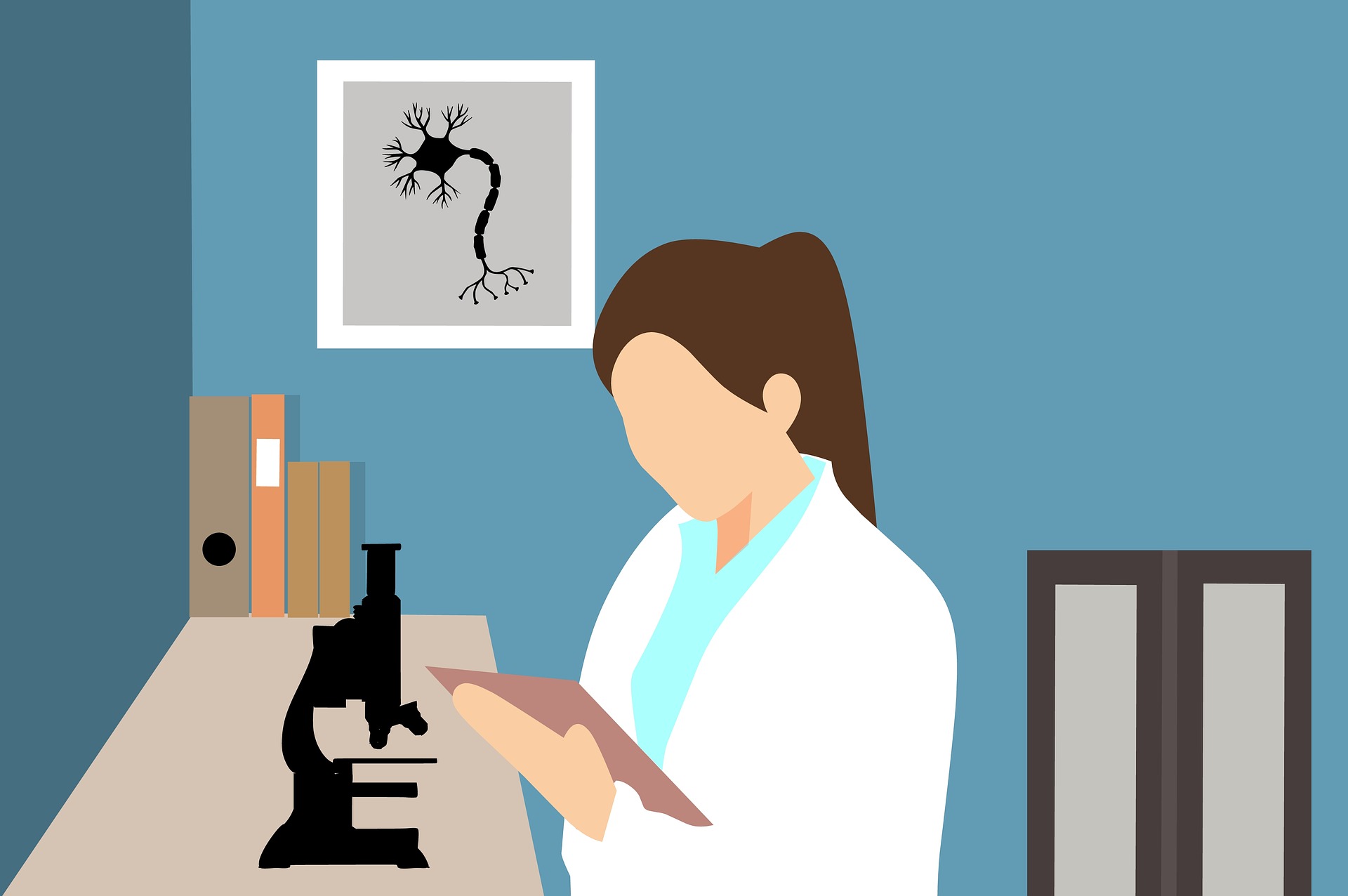
13 Nov Holistic Medicine: What to Know About This Trending Health Approach!
“Holistic” is one of those terms that bring forth positivity or skepticism. Yet, no matter what camp you fall into — holistic-gung-ho or skeptic — holistic practices and approaches to health have ventured out of the formerly segregated “spiritual realm” and are taking their rightful place in the medical world. This includes various avenues of practice including nutrition, gynecology, cardiology, dentistry, and even holistic veterinarians!
It seems that what you practice doesn’t really matter, you can generally add a “holistic” to the title.
With the rise in metabolic disorders, autoimmune disease, cancer, depression, anxiety, autism, and various other conditions, the holistic approach to health and well-being is surging with popularity. Yet, while anyone can simply tag on “holistic” to their title to lure an additional base of clients through their doors, what makes a practitioner legitimately holistic? What should you look for? Is there an actual certification? On top of that, how do you determine if you even want a holistic practitioner in the first place?
Let’s take a deep dive into holistic practices to answer these questions for you!
Understanding Holistic
If you simply type “holistic” into your browser, you’ll receive a wealth of information that you don’t generally need. What we’re looking for is a starting point, a piece of information that will guide us forward into the intricacies of different holistic careers, a base of knowledge.
Simply looking at how the term “holistic” is defined, you’ll find two separate definitions: one for philosophy – characterized by comprehension of the parts of something as intimately interconnected and explicable only by reference to the whole – and one specifically for medicine – characterized by the treatment of the whole person, taking into account mental and social factors, rather than just the symptoms of a disease.
Clear as mud, but after a little further digging, I was able to uncover a bit more about the holistic approach.
To begin, the word “holistic comes from the Greek word holos, meaning ‘entire’ or ‘all,’” and when referring to holistic treatment it “simply means treating the entire person.” As simple as the approach may sound, the practice is not so simple. Instead of focusing on biological systems, a holistic practitioner will look at a patients lifestyle, habits, nutrition, mental health, on top of biological systems.”
The beauty of a holistic treatment lies within the belief that nature wants our bodies to be balanced. No matter how healthy a life one follows “each of us at one time or another suffers from an imbalance that affects us,” yet nature inherently wants to rectify this imbalance. A holistic approach and treatment “is designed to help achieve that balance.”
One part of a holistic approach to health and well being that is not as well understood by those seeking holistic practitioners is that it’s a give and take relationship. There is as much responsibility on the patient as their is on the practitioner.
If you’re seeking a holistic approach to health and well being it means you need to work “to maintain a good working balance between mind, body, and soul.” A holistic practitioner will guide and work with you to tackle challenges, but the relationship is symbiotic in nature.
As the old adage goes, you can lead a horse to water, but you can’t make them drink.
Holistic Health History

A holistic approach to health is an ancient form of whole-body care.
The core belief of holistic practitioners — that “healing is most effective when you consider the whole person, rather than focusing on specific illnesses, body parts or symptoms” — goes as far back as 4th century B.C. — during the time of both Socrates and Hippocrates (the father of medicine). It’s documented that master philosopher Socrates even said, “the part can never be well unless the whole is well.”
When looking at the long history of holistic health, you’ll find four different long-standing types: Traditional Chinese Medicine — originating almost 5,000 years ago — Ayurveda — stemming from writings by Sushruta in 6th century B.C. — herbal medicine — a “critical element of TCM and Ayurveda,” and is the “oldest form of health care known to mankind” — and western herbalism — a form that “originated in ancient Greece and Rome” and spread through Europe “eventually to North and South America.”
While these forms of holistic health are inherently different, they are not separate. Holistic health draws from and builds a foundation predicated on the teachings from the oldest form of herbal medicine.
Yet, holistic health found its root during a time when healers weren’t aware of “germs as a disease-causing agent.” Once this discovery was made, “Western medicine became thoroughly focused on intervention” and doctors began paying “less attention to healthy lifestyle choices, environmental factors, and emotional health.” During this phase of change in healthcare, doctors also began discouraging patients from “participating in their own health care and began to believe that medicine should simply ‘fix’ them.”
With that said, there has been a recent resurgence in the desire for a holistic approach to healthcare. As Western medicine fails more and more patients, they turn to ancient traditions of holistic health, yet with a new modern basis of knowledge.
Holistic versus Western

Now that we know the roots of holistic health care and their mission, let’s take a look at how a holistic approach to medicine differs from modern or a western medicine approach. The basic steps you take with your holistic or general practitioner — cause, diagnosis, and treatment — are all viewed through a different lens based upon whether you go to a holistic healthcare practitioner or a general medical practitioner.
Cause

Counseling/Pixabay
Before venturing into a treatment plan, your holistic or general practitioner will first seek the cause of said ailment or injury.
While a western doctor will “dissect conditions into their smallest possible components, such as genes and germs,” a holistic practitioner takes into consideration “social, environmental, and personal circumstance[s].” A holistic approach also considers how the individual contributes “to their health through individual beliefs and lifestyle choices.” On the other hand, a western practitioner focuses less on “how that condition is being expressed” and focuses more on a medical history comprised of symptoms. Oftentimes, western medicine misses key clues such as recent changes in the patient’s lifestyle, situation, or personal philosophy that may lend to their ailment or injury.
Diagnosing

It may seem that determining cause and providing a diagnosis are symbiotic and, while they are absolutely interconnected, they are two distinct processes in healing a patient. When it comes to diagnosing in a holistic environment, “the diagnosis inevitably includes the contribution of the patient to her condition, but may not include the name of a specific condition or disease.”
When you are used to receiving a term to tag to a set of symptoms, this approach can oftentimes be frustrating. With that said, it has its benefits! Instead of categorizing all symptoms into a single approach, the holistic approach leaves a diagnosis open to a more fluctuating treatment plan.
Diagnosing in western medicine “involves matching an array of symptoms to a known paradigm of diseases and dysfunctions.” In fact, western medicine is known for its ability to diagnose using “advanced diagnostic tools to help determine not only the cause, but the progression of a disease.” This type of diagnosing is key for aggressive conditions, diseases, and ailments such as cancer, autoimmune diseases, and dementia-related illnesses.
Treatment

When it comes to treatment, these two ways of healing take a sharp turn away from each other.
A holistic approach to healing incorporates a variety of alternative healing methods such as dietary changes, exercise, “guided imagery or meditation exercises, and direct treatments with acupuncture, herbs, or massage.” With that said, holistic practitioners have been known to advise their patients to “receive an evaluation from their primary care physician before returning to holistic care.”
A western medicine approach “tends to involve specialized care, where conditions are treated by providers who focus on a specific group of symptoms.” While holistic practitioners avoid pharmaceuticals, western medicine generally relies upon prescriptions of “standardized medication.” Plus, western medicine treatment does not encourage “lifestyle changes to support the treatment or medication.”
Common Holistic Practitioners

With the recent resurgence in interest for a holistic approach to healthcare, there has also been a surge of different holistic professions. Depending on where in your life you want a holistic approach, you will most likely be able to find an individual specifically trained to meet that need. Here are a few of the most popular holistic practitioners to burgeon onto the healthcare scene!
Holistic Nutritionist or Naturopathy

A holistic nutritionist — also referred to as a naturopath — “advises individuals, families and groups on how to improve diet, lifestyle and attitude to prevent disease and promote health.” This is one of the most popular and highly desired holistic practitioners. In the past, a holistic nutritionist would have worked individually, yet in these modern days holistic nutritionists are teaming up with licensed healthcare providers “to help individuals with previously diagnosed illnesses identify biochemical imbalances and toxicities that contribute to poor health.” Holistic nutritionists follow a philosophy based upon the belief that “one’s health is an expression of the complex interplay between the physical and chemical, mental and emotional, as well as spiritual and environmental aspects of one’s life and being.”
Holistic nutritionists offer a wide variety of services including diet and lifestyle evaluation, healthy eating education, shopping tours, family meal planning, suggestions for improving lifestyle and managing stress, meal plans, wellness and holistic nutrition classes, advice for basic wellness supplementation and therapeutic menus, health issue research, review of labs, and consultation with a licensed practitioner.
Generally, a holistic nutritionist will have a bachelors degree from a four-year university (or accredited nutritionist program) and should be board certified with the National Association of Nutrition Professionals, in which they must take an exam, adhere to a standard scope of practice, and follow an explicit code of ethics.
Holistic Health Practitioner

While a holistic nutritionist takes a whole-body approach to nutritional needs and diet, a holistic health practitioner focuses on a whole-body approach to medicine.
Holistic health practitioners “are professionals who provide holistic health-related services and include counselors, doctors, nurse practitioners, nutritionists, therapists, and other healthcare professionals.” Your holistic health practitioner will take into account “the whole person, including physical, mental and spiritual aspects, when treating a health condition or promoting wellness,” and will go a step further to work with licensed medical professionals to “employ complementary methods and alternative approaches.”
The range of holistic health practitioner specialties is incredibly broad encompassing “counseling, nutrition, psychology, physical therapy, bodywork, nursing, naturopathy, massage therapy, acupuncture, herbology, medicine (MD), and osteopathy (DO).” Depending on the type or title of your holistic practitioner — for instance, MD versus DO versus naturopathy — certifications, schooling, and credentials will change. With that said, all trusted holistic health care practitioners should have a bachelor’s degree — some may even have a masters degree — and all states require a license or certification in holistic health.
Holistic Gynecologist

For all you ladies out there who are seeking a new approach to your gynecological needs, there is now a holistic gynecological area of practice.
Holistic gynecology came onto the scene birthed from the Center for Integrative Medicine. While holistic gynecology relies on some of the practices of western medicine, the holistic approach also helps “patients broaden the understanding of their symptoms and their state of health.” This is accomplished through the support of different modalities such as “naturopathic evaluation and treatment, acupuncture, herbal medicine, nutritional counseling, Reiki, supplement review,” and even yoga! Holistic gynecology is all for a non-invasive approach to treating the female reproductive system.
While holistic gynecologists take a holistic approach, they must have a medical degree from an accredited institution in gynecology, plus, it’s best if they also have a license or certification in holistic health.
Holistic Cardiologist

One of the newer holistic professions to come about is the holistic cardiologist.
A traditional cardiologist has been educated in the “treatment of disorders of the heart and the blood vessels,” and provides guidance to patients who suffer from “heart disease or cardiovascular disease.” A holistic cardiologist is trained as a cardiologist, yet takes a holistic approach to cause, diagnostics, and treatment. For instance, a holistic cardiologist believes that some traditional approaches — such as certain pharmaceuticals and surgeries — can be avoided “by taking a more holistic approach,” and seeking non-invasive treatments.
Holistic cardiology goes hand in hand with functional medicine, which means if you want a holistic cardiologist you need to make sure they have a medical degree from an accredited institution. Much like a holistic gynecologist, a holistic cardiologist should also have a certification or license for holistic health, as well.
We also highly recommend downloading our Food Monster App, which is available for iPhone, and can also be found on Instagram and Facebook. The app has more than 15,000 plant-based, allergy-friendly recipes, and subscribers gain access to new recipes every day. Check it out!
For more Vegan Food, Health, Recipe, Animal, and Life content published daily, don’t forget to subscribe to the One Green Planet Newsletter!
Being publicly-funded gives us a greater chance to continue providing you with high-quality content. Please support us!


